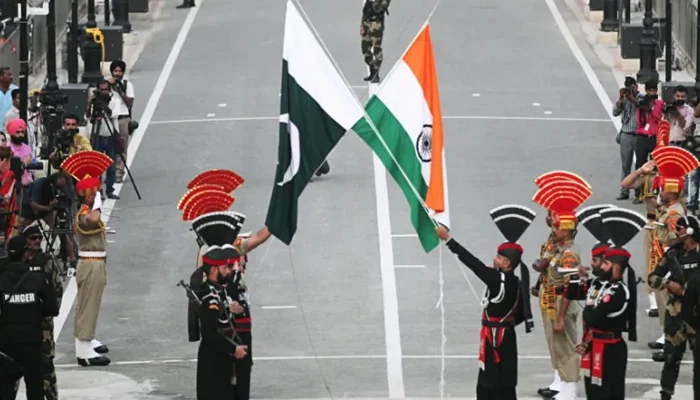Pakistan finds itself at a critical juncture, wherein it must reevaluate its diplomatic and trade ties with its neighbor, India, where the Bharatiya Janata Party (BJP) has won three consecutive terms in power.
Adopting a policy of near-total withdrawal will force Pakistan to face difficult but necessary facts.
This is the rationale behind Pakistan’s top priority of adjusting its relations with India.
In an effort to put pressure on India to reverse its decision to modify Jammu and Kashmir’s constitutional status, Pakistan implemented an almost total disengagement strategy against that country in 2019.
But this approach hasn’t really worked. The international community has not stopped interacting with India in spite of Pakistan’s sincere attempts.
The reaction from the Arab community has been very illuminating: the Gulf Cooperation Council (GCC) ignored the UN resolutions that were broken.
Pakistan finds itself at a critical juncture, wherein it must reevaluate its diplomatic and trade ties with its neighbor, India, where the Bharatiya Janata Party (BJP) has won three consecutive terms in power.
Adopting a policy of near-total withdrawal will force Pakistan to face difficult but necessary facts.
This is the rationale behind Pakistan’s top priority of adjusting its relations with India.
In an effort to put pressure on India to reverse its decision to modify Jammu and Kashmir’s constitutional status, Pakistan implemented an almost total disengagement strategy against that country in 2019.
But this approach hasn’t really worked. The international community has not stopped interacting with India in spite of Pakistan’s sincere attempts.
The reaction from the Arab community has been very illuminating: the Gulf Cooperation Council (GCC) ignored the UN resolutions that were broken.






